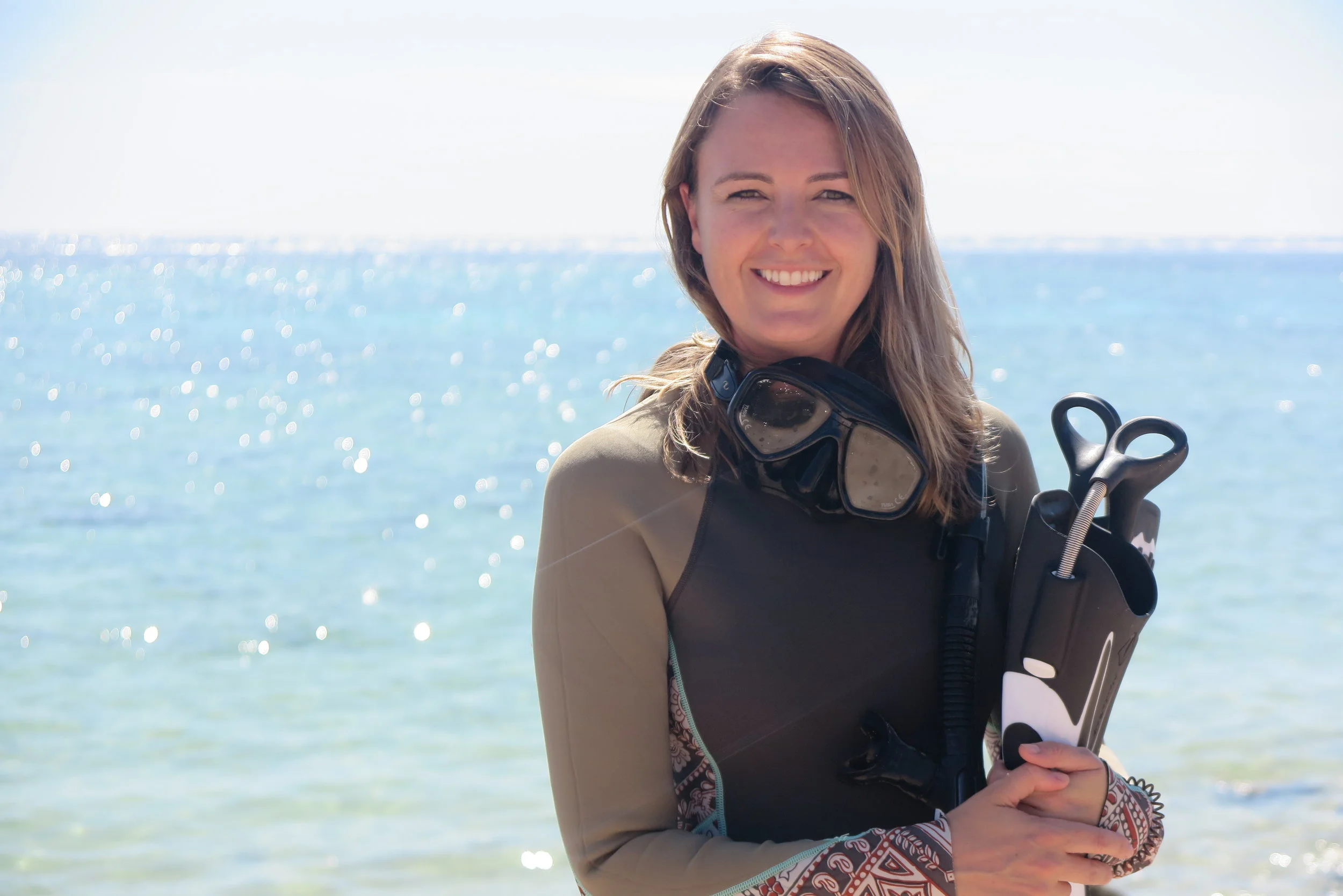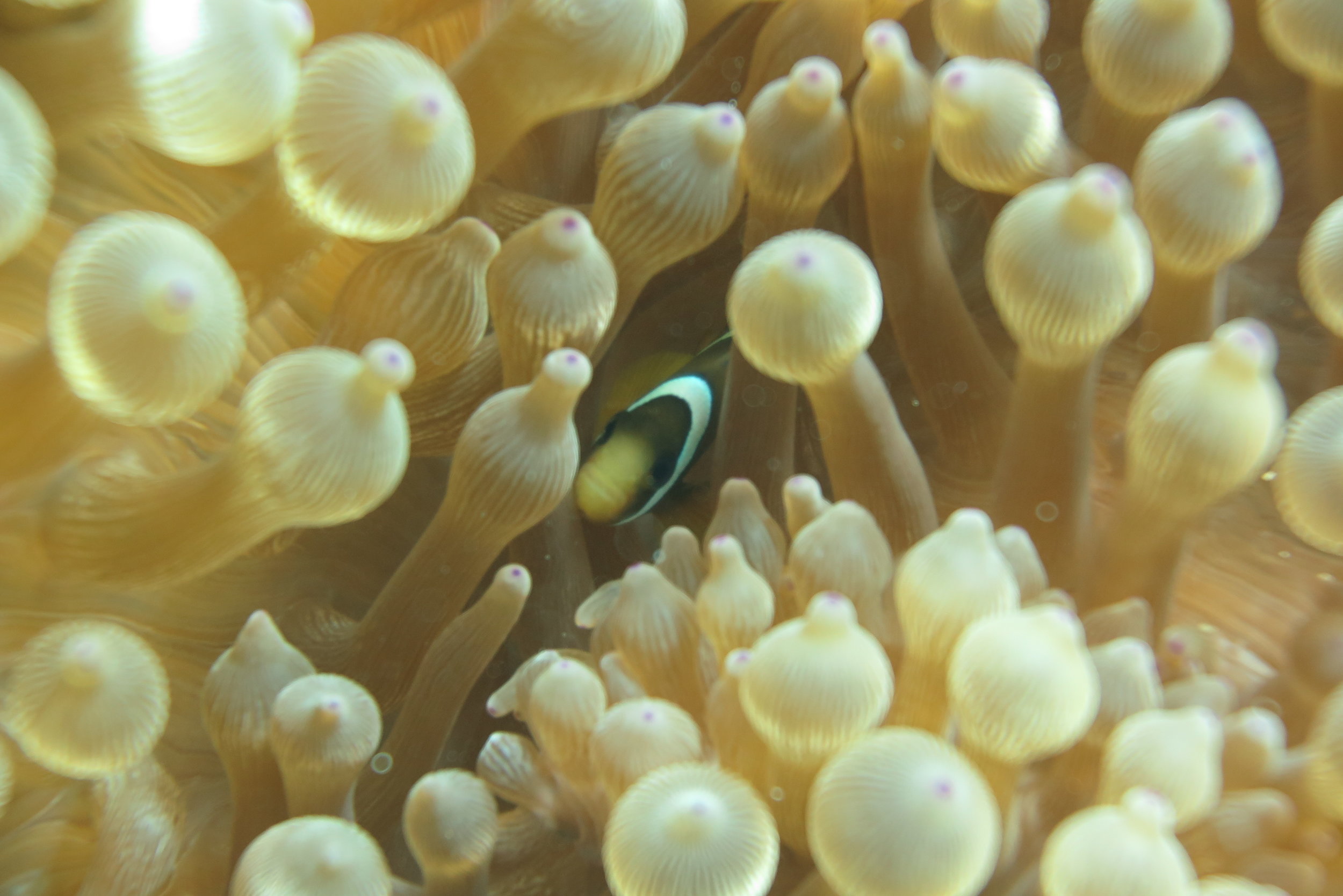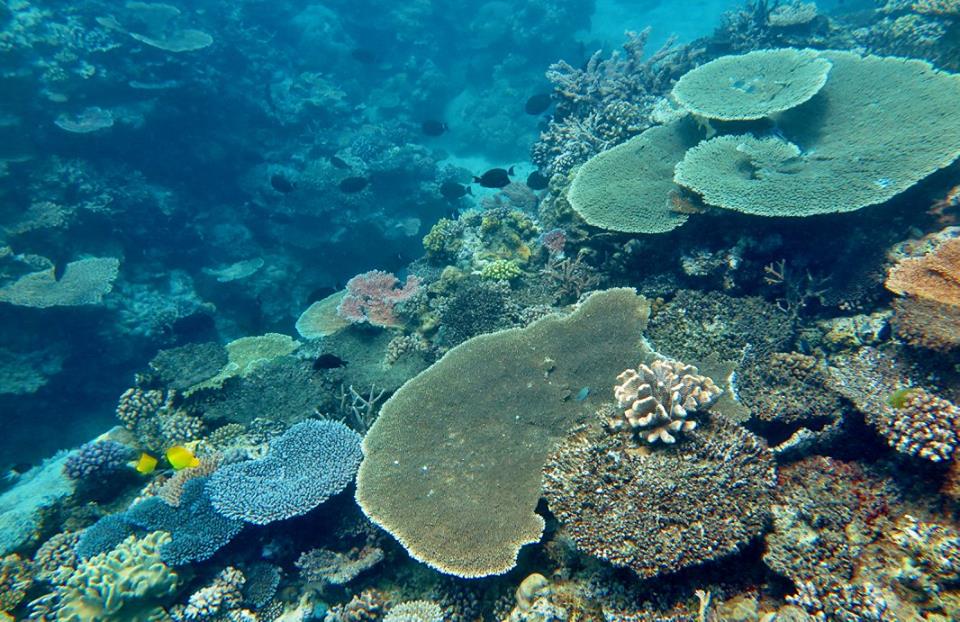Emma was awarded her PhD from the University of Exeter, researching coral reef carbonate budgets; a measure of the net accumulation of calcium carbonate reef framework, based on the balance between bioconstructive (e.g. coral and CCA skeletal growth) and bioerosive (e.g. sponge boring, urchin abrasion) processes. She used theoretical modelling to explore the possible drivers of region-wide degradation of Caribbean reef structure over the last 50 years, and its association with recorded environmental pressures and changes on reefs. She also looked at behaviour of Caribbean fore-reefs in terms of their ability to maintain structural growth in the future under rising temperatures and ocean acidification. In 2013 Emma moved to Australia, where she began work developing a comprehensive set of census-based reef carbonate budgets for the Great Barrier Reef, as part of an Australian Endeavour Fellowship. She is interested in quantifying macrobioerosion on Pacific reefs, and have several independent research projects looking at bioerosion by urchins, sponges and grazing fish.
Emma's doctoral research additionally focused on the biogeography of zooxanthellae hosted by Orbicella (formerly Montastrea) annularis corals across the Wider Caribbean. This research, carried out in Exeter University's Molecular Ecology and Evolution Lab, was part of a larger international collaborative effort called the FORCE (Future of Reefs in a Changing Environment) project, for which she assisted with the development of the successful grant proposal. Her other research interests are animal orientation and migration; specifically the use of reef generated noise as a cue for larval fish and reef invertebrates.
Emma holds an Adjunct Research Fellow position at the Australian Rivers Institute based at Nathan campus’ Coral Reef Algae Research Lab. Her research at Griffith University, funded by the Great Barrier Reef Foundation, looked into assessing the responses of coralline algae to ocean acidification and warming and aimed to determine whether coralline algae can be used to track the impacts of climate change in the Great Barrier Reef.
Read more about Emma's research here.




















